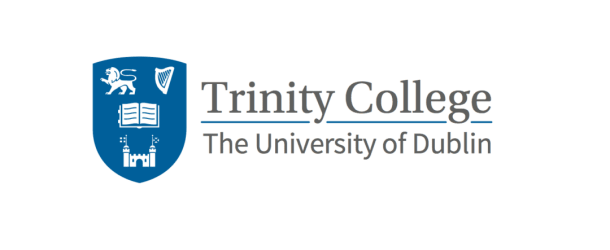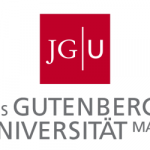Scientists at Trinity College Dublin Identify Unique Quantum Effect may Help Design Quantum Computing Chips

(AZo.quantum) A group of scientists from Trinity College Dublin has identified an exclusive quantum effect in deleting data that may hold major implications for designing quantum computing chips.
This unexpected finding revives the paradoxical “Maxwell’s demon,” which has perplexed physicists for more than 150 years. At Trinity College Dublin, Professor John Goold’s QuSys team is investigating this topic keeping quantum computing in mind. In the case of quantum computing, a quantum bit—or a qubit, which can be 0 and 1 concurrently—is removed.
In a study published recently in the Physical Review Letters journal, the team found that the quantum nature of the data to be deleted could cause huge deviations in the dissipation of heat, which does not exist in traditional bit erasure.
Maxwell’s demon, as it popularly came to be known, could rapidly open and close a trap door in a box filled with a gas, allowing hot particles through to one side of the box but limiting the cold ones to the other. However, this situation appears to oppose the second law of thermodynamics, because the overall entropy seems to reduce, and maybe the most popular paradox of physics was born.
In the new article, published with colleague Harry Miller from the University of Manchester and two postdoctoral fellows, Mark Mitchison and Giacomo Guarnieri, in the QuSys Group at Trinity College Dublin, the researchers carefully analyzed an experimentally realistic erasure process that enables quantum superposition (the qubit can be in both 0 and 1 states simultaneously).
Professor Goold explained, “In the paper we prove mathematically that these events exist and are a uniquely quantum feature. This is a highly unusual finding that could be really important for heat management on future quantum chips—although there is much more work to be done, in particular in analysing faster operations and the thermodynamics of other gate implementations.”





















